History of the Movement

Many Quakers view reflection upon food ethics as a relatively recent phenomenon. In reality, such discernment has been an important part of the tradition of Friends for centuries. Numerous Quaker abolitionists in the 1700s, for example, were deeply committed to vegetarianism (*the word vegan was coined in 1944) as an integral part of their spiritual path at a time when vegetarianism was very rare in the broader culture.
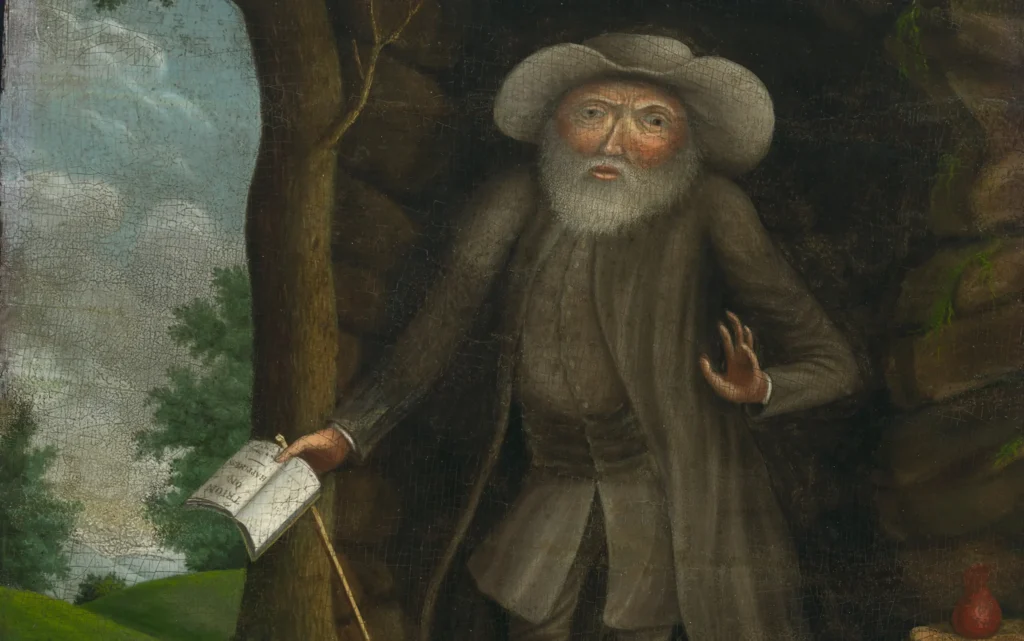
Benjamin Lay
1682- 1759
One such committed vegetarian Quaker was Benjamin Lay, whose life and witness has received much attention in the last couple years since the publication of The Fearless Benjamin Lay by the historian Marcus Rediker. Lay was one of the first people in history to call for the total abolition of slavery. Lay’s commitment to respecting all of God’s creatures also led him to a deep concern for non-human animals. It was said of him that “his tender conscience would not permit him to eat any food, nor wear any garment, nor use any article which was procured at the expense of animal life.”
“He was a strict vegetarian and very nearly a vegan two centuries before the word was invented.”
Marcus Rediker (2017) The Fearless Benjamin Lay.
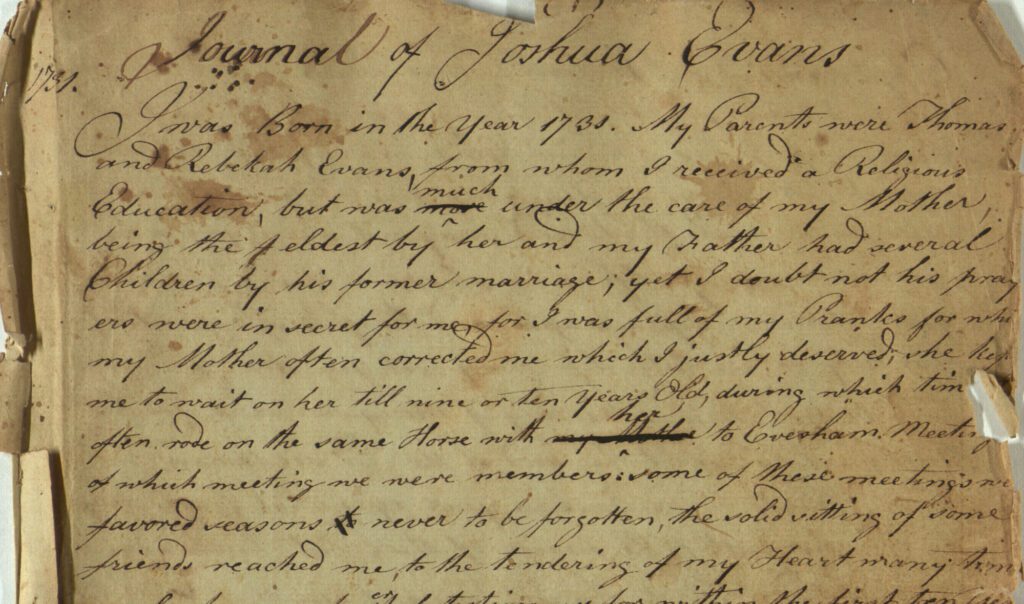
Joshua Evans
1731 – 1798
Another vegetarian Quaker abolitionist was Joshua Evans, a contemporary of and influence upon the thought of John Woolman. “I considered that life was sweet in all creatures,” Evans states, “and the taking it away became a very tender point with me.” “My spirit was often bowed in awful reverence before the Most High, and covered with feelings of humility and tenderness,” Evans relates, out of which experiences it was revealed “that I ought no longer to partake of anything that had life.”
“Joshua Evans. . . abstained from animal food, as he did also from the use of leather and the skins of slaughtered beasts”.
Reginald Reynolds (1948) The Wisdom of John Woolman
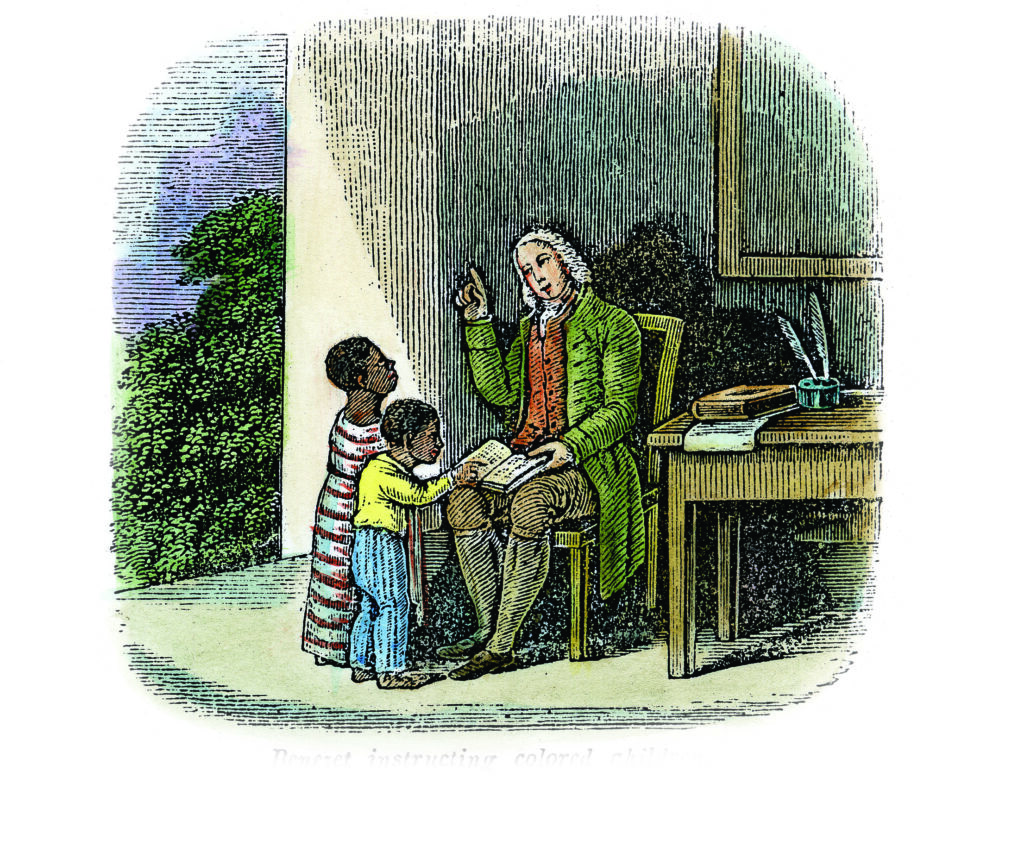
Anthony Benezet
1713 – 1784
Anthony Benezet, another well-known Quaker abolitionist, similarly adopted a vegetarian diet, commenting that he had formed “a kind of a league of amity and peace with the animal creation.”
He was a vegetarian who advocated for the kind treatment of animals, integrating this in his teachings.
Claus Bernet (2008) “Anthony Benezet”
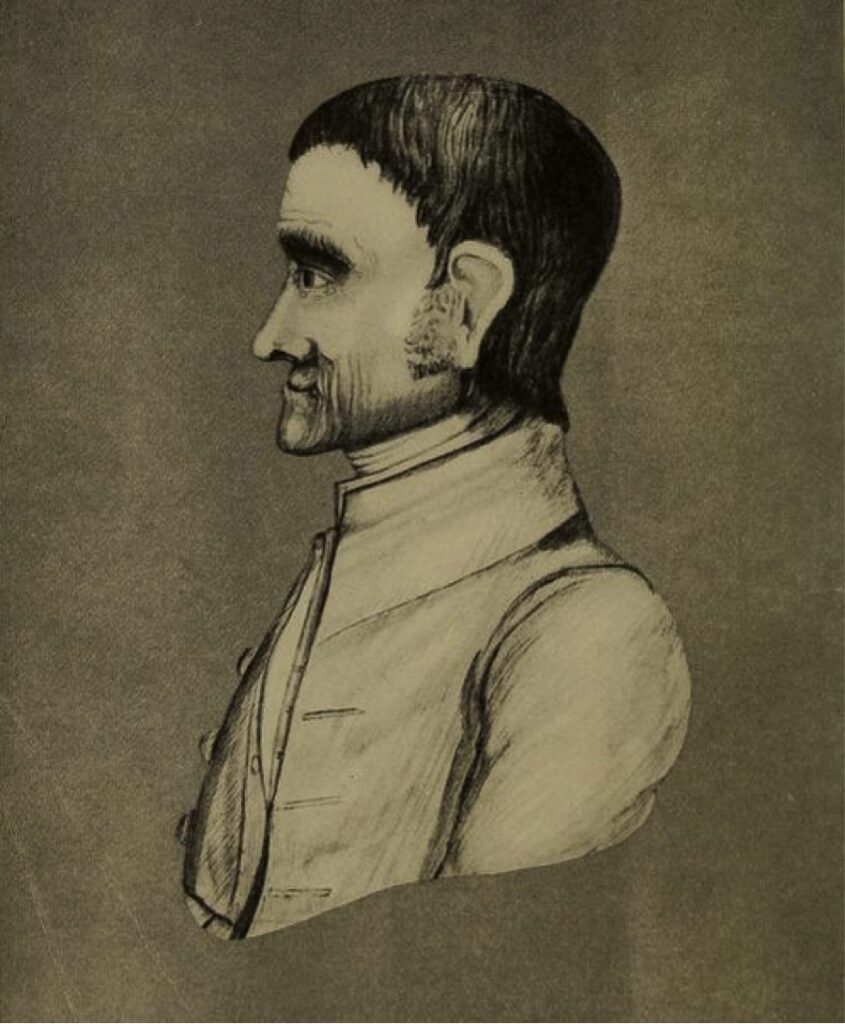
John Woolman
1720 -1772
John Woolman shared similar sentiments concerning the status of animals as beloved creatures of God. “To say we love God as unseen and at the same time exercise cruelty toward the least creature moving by his life, or by life derived from him,” said Woolman, “was a contradiction in itself.” While there is no evidence that Woolman ever became fully vegetarian like Lay, Evans, and Benezet, it was written by a friend that Woolman “had seldom eaten flesh.” Woolman also demonstrated his concern for animals in other ways, for example by walking in all of his travels through England in order to avoid contributing to cruelty to horses in the stagecoach industry.
His brother once asked him to dine on poultry, to which Woolman replied: “What, would you have me eat my neighbors?”
Jackson, Maurice (2009). Let This Voice Be Heard: Anthony Benezet
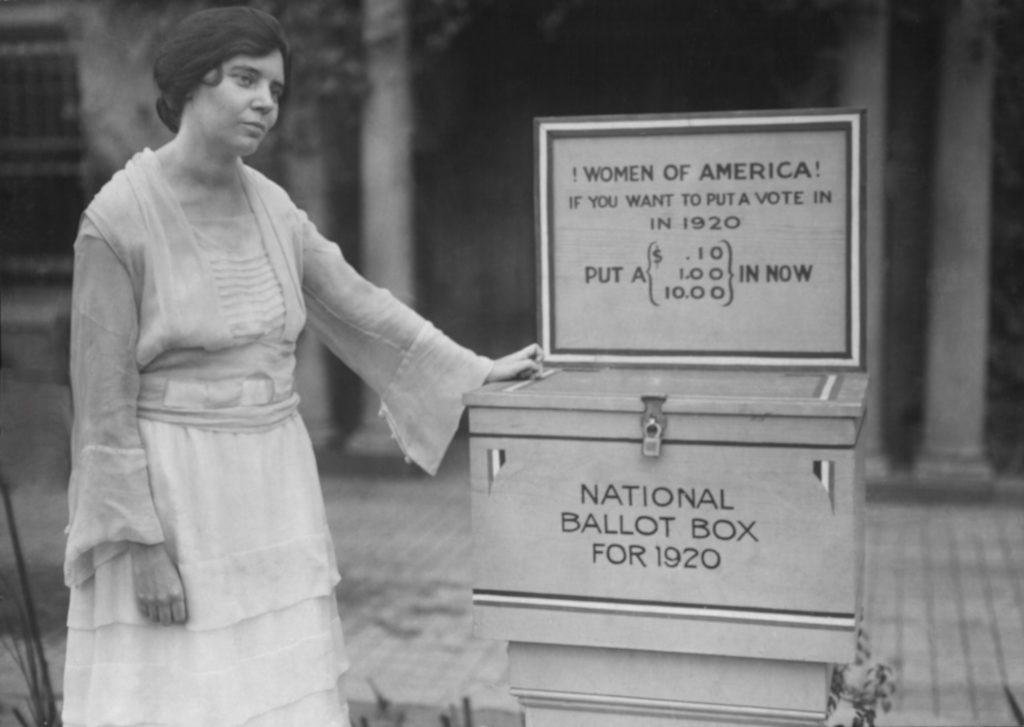
Alice Paul
1885 – 1977
Quaker leaders of the movement for women’s right to vote, in a later time period, were also often vegetarian. Among these women was Alice Paul, a key figure in the movement for women’s suffrage and other struggles for women’s equality in the United States. Speaking of her decision to become vegetarian, Paul stated: “It occurred to me that I just didn’t see how I could go ahead and continue to eat meat. It just seemed so . . . cannibalistic to me. And so I’m a vegetarian, and have been since that time.” Similarly, many leaders of the movement for women’s suffrage in England were vegetarian, including numerous Quakers.
“It occurred to me that I just didn’t see how I could go ahead and continue to eat meat. It just seemed so— cannibalistic to me.”
Interviewed by Amelia R. Fry 1972
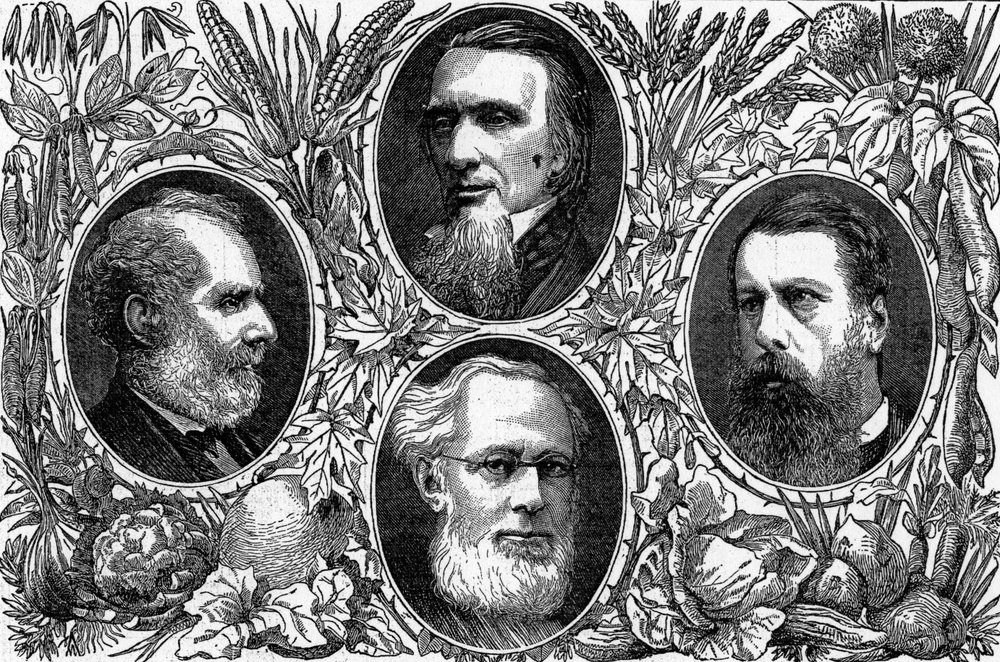
Vegetarian Society of England
1847 – Present
The Society of Friends was the first Christian denomination to form a faith-based vegetarian association, establishing the Friends Vegetarian Society in 1902. Quakers had previously also played a major role in the formation of the Vegetarian Society of England in 1847.
Mahatma Gandhi to the London Vegetarian Society 1931
“If anybody said that I should die if I did not take beef tea or mutton, even on medical advice, I would prefer death. That is the basis of my vegetarianism.”
Whereas it has become somewhat common lately to criticize vegetarianism as a white, wealthy elite phenomenon, the reality is that people of color have often been at the forefront of the vegetarian movement, recognizing the deep connections between all forms of oppression and abuse. This embrace of a vegetarian diet has been shared by many other spiritually motivated nonviolent reformers throughout history. Gandhi, for example, challengingly asserts that “spiritual progress does demand . . . that we should cease to kill our fellow creatures for the satisfaction of our bodily wants.” “It ill becomes us to invoke in our daily prayers the blessings of God, the Compassionate,” he says, “if we in turn will not practice elementary compassion towards our fellow creatures.”
Along with Gandhi, some other recent prominent nonviolent visionaries who have adopted a vegetarian diet include Cesar Chavez, Coretta Scott King, Dexter King (son of Coretta Scott King and Martin Luther King Jr.), Thich Nhat Hanh, Vandana Shiva, and others. One striking characteristic of the people in this list is that all are people of color. Whereas it has become somewhat common lately to criticize vegetarianism as a white, wealthy elite phenomenon, the reality is that people of color have often been at the forefront of the vegetarian movement, recognizing the deep connections between all forms of oppression and abuse.
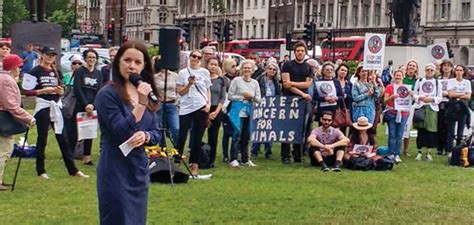
Friends’ Anti-Vivisection Association / Quaker Concern For Animals
1892 – Present
While concern for animals has clearly historically been the main motivation for Quaker vegetarianism, in more recent years other important and compelling concerns have been added as well. These include recognition of the benefits of vegetarianism to human health, the environment, and world hunger. As the Christian Vegetarian Association states, “Modern animal-based diets tend to significantly harm our health, the environment, the world’s poor and hungry, and animals. Since a plant-based diet helps to address these concerns, we see it as an opportunity to honor God.”
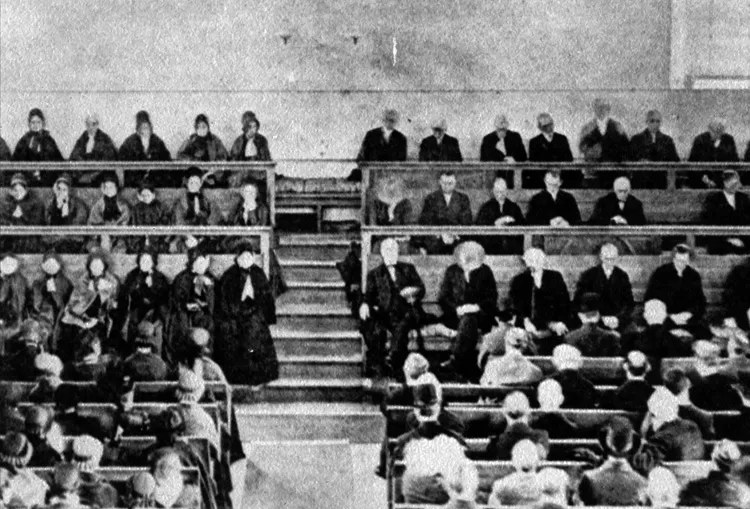
Friends Vegetarian Society
1902
“Show a loving consideration for all creatures and seek to maintain the beauty and variety of the world. Work to ensure that our increasing power over Nature is used responsibly, with reverence for life.”
Advices and queries number 42
[*This page is adapted from an article by John Sniegocki first appeared in The Friends Journal and we thank John and the Journal for permission to reprint it.]
The terms Vegetarian and Vegan are often used interchangeably here, as the word Vegan was not coined until 1944 by Donal Watson.
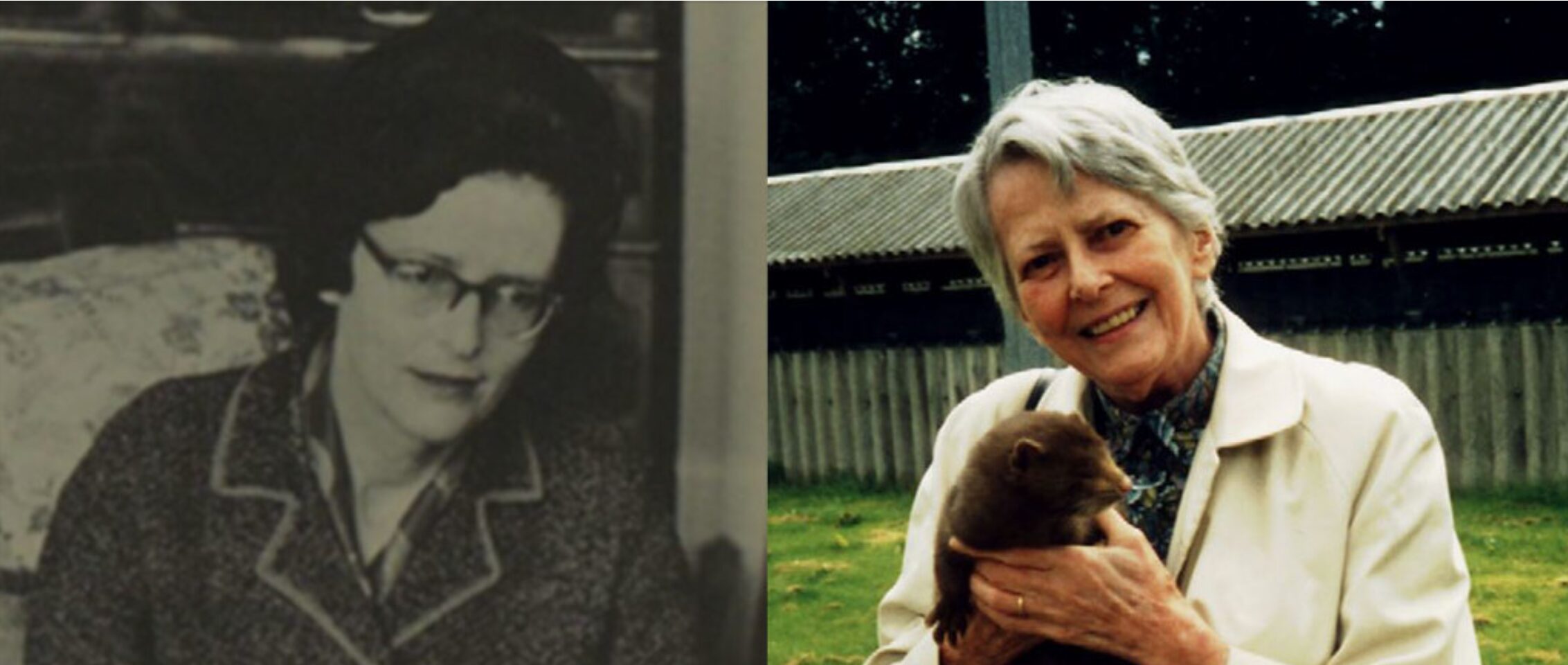
Ruth Harrison
1920 – 2000
“If one person is unkind to an animal it is considered to be cruelty, but where a lot of people are unkind to animals, especially in the name of commerce, the cruelty is condoned and, once large sums of money are at stake, will be defended to the last by otherwise intelligent people.”
Ruth Harrison (1964) in Animal Machines
Ruth Harrison, a lifelong Quaker who served in the Friends’ Ambulance Unit during World War II, profoundly influenced the animal welfare and emerging Vegan movement with her groundbreaking 1964 book, Animal Machines. This seminal work exposed the suffering of farm animals in intensive agriculture, leading to changes in UK and European farming policy, inspiring Peter Singer’s 1975 book Animal Liberation. This book also influenced Ingrid Newkirk, the co-founder of People for the Ethical Treatment of Animals (PETA) saying that it changed her life.
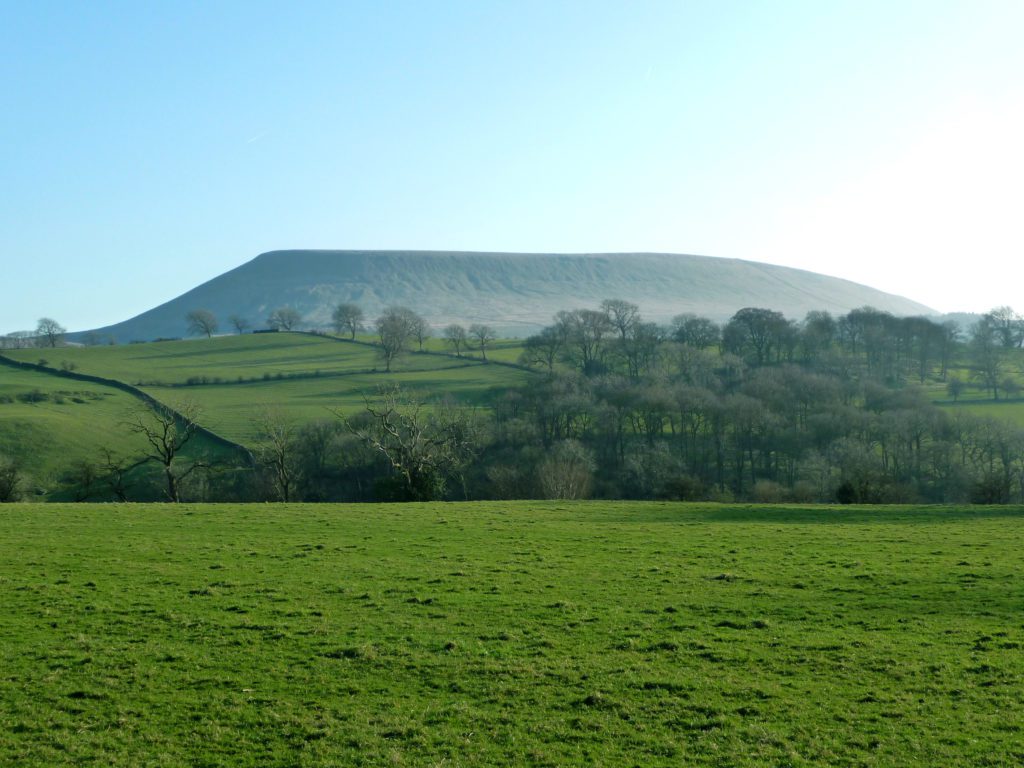
Founding Quaker Vegan Witness
2019 – Present
In 2019, several Friends from North West London Area Meeting met to discuss how the Quaker Peace Testimonies intersected deeply with their own convictions as practicing Vegans. They felt moved to form the Quaker Vegan Initiative in the hope of encouraging other Friends to consider doing the same: “We find we are called upon to do all in our ability to bring to an end the suffering of thousands of millions of animals, and simultaneously, actively encourage one another to move from our current catastrophic path towards a sustainable equality across all species and environments”.
At a similar juncture Friends who are associated with the Quaker Concern for Animals also felt moved to speak more concretely about how their experience of this concern was expressed more fully as Quaker Veganism and formed a group called Quaker Vegan Witness. Also, Vegan Friends from Quaker Support for Climate Action (QS4CA Veganuary) were moved to create a group supporting and upholding a community who were interesting in becoming Vegan through Veganuary.
These smaller groups found each other and collectively joined under the Quaker Vegan Witness.
“We find we are called upon to do all in our ability to bring to an end the suffering of thousands of millions of animals, and simultaneously, actively encourage one another to move from our current catastrophic path towards a sustainable equality across all species and environments”
North West London Area Meeting 2019
